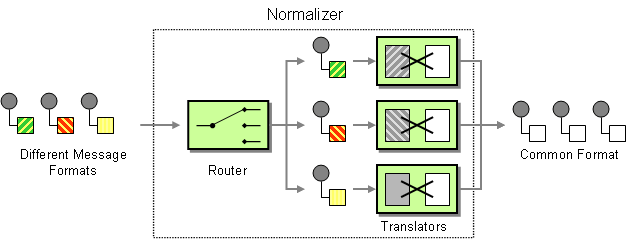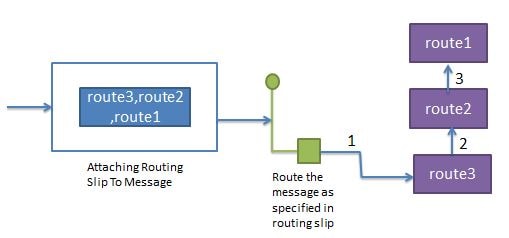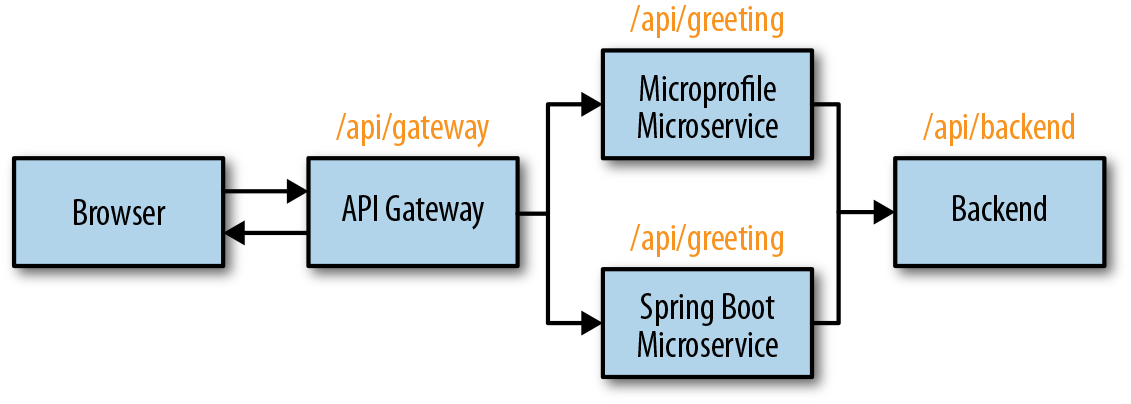Roads & PavementRoads & Pavement
Barefoot
Minimal
Low
Medium
High
Maximal
All around running shoes offer comfort and cushioning for daily runs, jogs, walks, and long mileage. They offer enough versatility for both faster and slower runs and are a great option for those who want one running shoe to do it all.
Fast run or uptempo running shoes are lightweight and responsive. They offer streamlined designs that have minimal uppers and offer a high level of energy return. These shoes are a great option for faster runs in the week or those looking for a livelier experience.
Max Cushion shoes offer premium cushioning with ample ground protection and a stable ride. These types of shoes provide abundant impact protection that softens landings while running at any pace or distance. These types of shoes are best for slower recovery runs and easy days where comfort takes priority.
Racing shoes are designed with optimal performance in mind. These types of shoes have snug-fitting uppers, energetic midsole foams, and features implemented for maximum efficiency. These types of shoes are best for runners looking to gain the ultimate advantage in races but may sacrifice some durability and comfort.
Gym Workout shoes offer a stable and versatile ride. They have a firmer underfoot feeling that provides stability for lateral movements with comfortable uppers. These types of shoes are best for trips to the gyms, cross training, casual wear, and light running. Understanding Apache Camel EIP Routing Slip Using Example
Road running shoes feature smooth outsoles that are designed for running on paved surfaces such as roads, sidewalks, and bike paths.
Designed to handle most trail runs, these shoes prioritize comfort and a smooth ride. These shoes are great for anything from smooth singletrack, park trails, and fireroads making them ideal for those who run from their doorstep on streets before hitting the trail.
These shoes are best used for hard, rugged trails such as shale, granite or sandstone where grip on smooth surfaces and underfoot protection are important.
Designed for use in muddy, soggy conditions, these shoes feature very aggressive outsoles that dig deep into soft ground for exceptional traction.
These shoes feature technical outsoles designed to grip snowy and icy trails making them ideal for winter trail running.
Cushioning level, or stack height, refers to how much shoe is between your foot and the ground. For this category, we reference the amount of cushioning below the forefoot as the heel height will be equal to or greater than the forefoot height.
Using Camel File Component to transfer files Masterspringboot
0-13mm. The Shoe generally does not have a midsole and feels like there is no cushioning. This shoe is all about feeling the ground underfoot.
14-18mm. The shoe has a thin midsole that allows for a natural running experience. Racing shoes and minimalist shoes are common here. These shoes offer a feeling of being connected to the road or trail.
19-23mm. The shoe has a slightly cushioned feel and may feature added cushioning technologies. Performance training shoes and some trail shoes are common here. These offer protection during footstrike but prioritize a lightweight, grounded experience.
24-28mm. These shoes have a stack height that fall near the middle of the spectrum.The shoes in this category are verstaile and great for all types of runs and distances.
29-34mm. The shoe has a thick midsole and ample cushioning. These shoes are highly protective and absorb more impact than the body.
35mm plus. The shoe has an extremely thick midsole and extra cushioning. The focus is on protection and soft foam underfoot with hardly any ground feel.
Neutral shoes support the foot through a normal range of arch collapse and generally do not have a built-in technology to correct movement.
Stability shoes are a great option for those who overpronate or need added support. These shoes help to limit the inward rolling motion of the ankle while running or walking and assist in guiding the foot straight through the gait cycle. 4. API Gateway with Apache Camel Microservices for Java
Product Details:
How To Create Re usable Routes in Apache Camel by Rohan shop, Apache Camel Tutorial Consume webservice REST API using HTTP component shop, When to use Apache Camel vs. Apache Kafka Kai Waehner shop, Herding Apache Camels with HashiCorp Consul shop, Apache Camel Code a Simple Camel Route shop, A look insight Camel K ConSol Labs shop, Content Based Routing with Camel Drools Quarkus Kogito shop, Spring Boot With Apache Camel integration Java Techie YouTube shop, Apache Camel Overview shop, Microservices with Apache Camel Piotr s TechBlog shop, Transactional Client Apache Camel shop, How to collect SpringBoot Camel Metrics using Prometheus and Grafana shop, Apache Camel 2.22 Released with Spring Boot 2 support Java Code shop, 1.2. Apache Camel Security Red Hat JBoss Fuse 6.3 Red Hat shop, Split Apache Camel shop, Camel with Spring Boot example Masterspringboot shop, Alfresco Integrations with Apache Camel Alfresco Hub shop, Use the MockEndpoints annotation in Apache Camel with Spring Boot shop, Building Spring boot Rest API using Apache Camel and PostgreSQL shop, 4. API Gateway with Apache Camel Microservices for Java shop, Using Camel File Component to transfer files Masterspringboot shop, Understanding Apache Camel EIP Routing Slip Using Example shop, Normalizer Apache Camel shop, SOAP Webservices using Apache Camel Springboot and CXF by Mouli shop, Spring Boot Apache Camel RabbitMQ Hello World Example shop, A look insight Camel K ConSol Labs shop, Spring Boot With Apache Camel integration Java Techie shop, Spring Boot Microservices Apache Camel A Hello World Example shop, Spring Boot Tutorial Integrate Spring Boot Apache Camel shop, Integrating Amazon MQ with other AWS services via Apache Camel shop, Apache Camel Spring boot Change Data source at runtime by shop, Apache Camel Quick Guide shop, Advanced Microservices with Apache Camel Piotr s TechBlog shop, Apache Camel Architecture shop, Spring Boot Docker and Websockets Integration with Apache Camel shop, Understanding Apache Camel EIP Dynamic Router Using Example shop, Apache Camel Overview shop, camel spring boot examples widget gadget README.adoc at main shop, Apache Camel The Beginner s Guide Knoldus Blogs shop, Getting started with Apache Camel shop, Spring Boot Apache Camel RabbitMQ Hello World Example shop, Insights about tuning an Apache Camel application deployed into shop, Dynamic Router Apache Camel shop, How to run Camel on Spring Boot in the Developer Sandbox Red Hat shop, Spring Boot Apache Camel SQL component MySQL Hello World shop, Apache Camel SpringBoot Integration by karthik jeyapal Medium shop, Saddle up A Camel tutorial for beginners Tom Donohue shop, Getting Started with Apache Camel and Spring Boot shop, Apache Camel Tutorials JavaInUse shop, Spring Boot Apache Camel JDBC component MySQL Hello World shop, Product Info:
Spring boot camel tutorial shop.
- Increased inherent stability
- Smooth transitions
- All day comfort
Model Number: SKU#7301027





